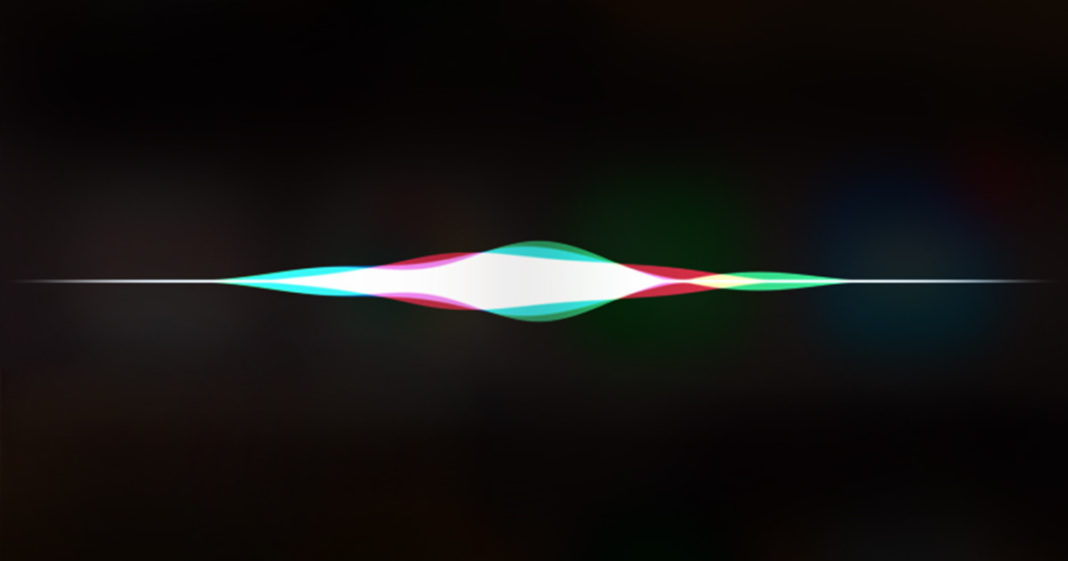As we introduce more and more interactive AI into society through systems like Alexa, Siri, and Cortana, more and more of the human language will change. As well as language, AI also changes the relationship we have with technology. Voice-enabled devices are now the norm for children, whereas twenty years ago, these products were still very much a pipe dream. As fabulous as these intelligent systems are, are these type of devices killing the human language?
Erin McKean is the founder of Wordnik, an online English dictionary, and he points out that many innovations have been accused of ruining language, including the printing press, TV, the internet, radio, movies, and the even the telegraph. “The telegraph is a great example with modern parallels,” said Ben Zimmer, language columnist for the Wall Street Journal. He continued, “[Philosopher and poet Henry David] Thoreau thought it would help us communicate more quickly, but we’d have nothing to say. It stripped down language, causing language to be used in a very functional way.”
As technology advances and changes so does the way in which we view it. Take the iPad or smartphone – sometimes we forget that these are just devices, and start to get stressed when they remind us we haven’t done something such as go to the gym or send someone flowers. Another stressful situation when it comes to AI is when chatbots don’t understand you, and you know they obviously ‘feel’ nothing when it comes to providing good customer service, so are not too bothered about it either.
So, although all this technology is great on the one hand, on the other, there are various problems that come along with it that need to be addressed before we can all fully get along. We need to find the right balance between bots and customer interaction and focus more on what the customer wants opposed to what the company wants. Robots need to be friendly, and more customer focused and be able to initiate conversation rather than simply respond.
I guess language isn’t something that can be destroyed by robots. As long as there are people, there will be a human language. Language may evolve ad shift, but I don’t think we need to worry about it disappearing anytime soon.
More News To Read
- New Startup UrbanX Revolutionizes the World of Cycling
- China Government Gives the Green Light to Development of Artificial Intelligence
- Giant Ice Bubbles Could Soon Be Used as Homes for Astronauts
- A Simple Cancer Detecting Blood Test May Soon Be Available
- Can Startup Firm Virta Really Reverse Type 2 Diabetes?











